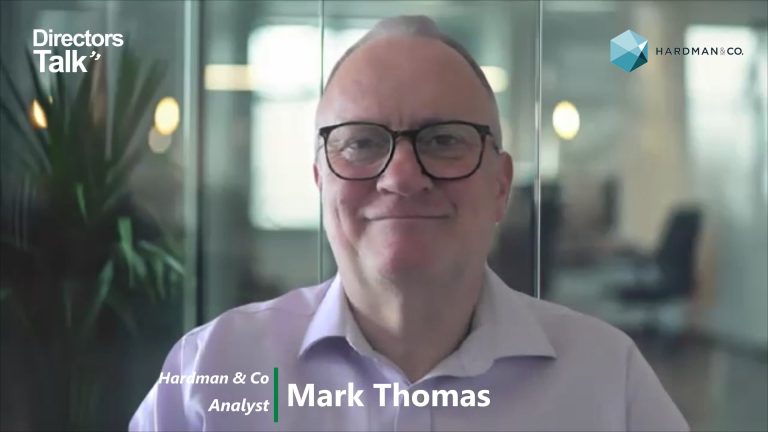Hardman and Co’s Analyst Nigel Hawkins caught up with DirectorsTalk for an exclusive interview to discuss Renewable Energy Infrastructure Funds.
Q1: Do Renewable Energy Infrastructure Funds (REIFS) offer attractive dividends?
A1: Yes, most have a prospective yield of around 5%, with low prospects of a dividend cut combined with a modest average YoY share price increase, annual total returns should be up to 10%.
Compared with some of the larger energy stocks, these relatively secure returns are impressive – Centrica, for example, has just announced a 58% dividend cut.
Q2: What are the sources of the renewable power being generated by these funds?
A2: Predominantly, onshore wind and solar generation have been crucial in driving UK renewables and, in the future, offshore wind should grow strongly. However, other renewable sources – tidal, wave, geothermal, biomass and fuel cells – have stalled, with a few exceptions, such as biomass at Drax power station.
Putting together financially viable renewable power projects is no easy task.
Q3: How vulnerable are these renewable generation funds to revenue shortfalls?
A3: Importantly, wind and solar generation output levels are fairly consistent over an extended period of time. However, renewable power subsidies, although locked in for some years, are gradually eroding; cost reductions are, though, offsetting this trend.
Q4: How important are renewable generation subsidies, especially since the ending of the Renewable Obligation (RO) scheme for new investment in 2017?
A4: Undoubtedly, ongoing subsidies still underpin renewable generation returns, but they will gradually reduce over coming years, with cost savings becoming more important.
Onshore wind investment has tailed off since the end of the RO scheme for new investment in 2017, while some subsidy-free solar plants are now being built.
For offshore wind projects, an auction system is used, with bidding being more aggressive in recent years than expected.
Q5: Are REIFs a safer investment than traditional energy utilities?
A5: While wind and solar generation shareholder returns have been solid, the privatised energy companies have suffered seriously in recent years, with their falling share prices, more aggressive regulation and lower projected dividend payments. In particular, fossil-fuel generation returns have been poor, while net debt levels have risen – in some cases quite sharply.










































